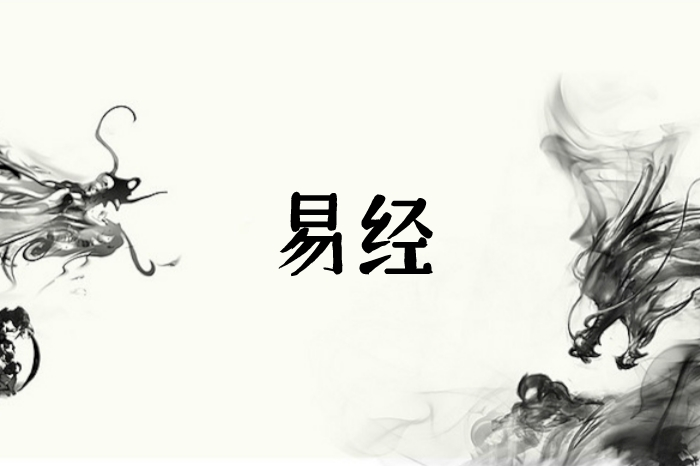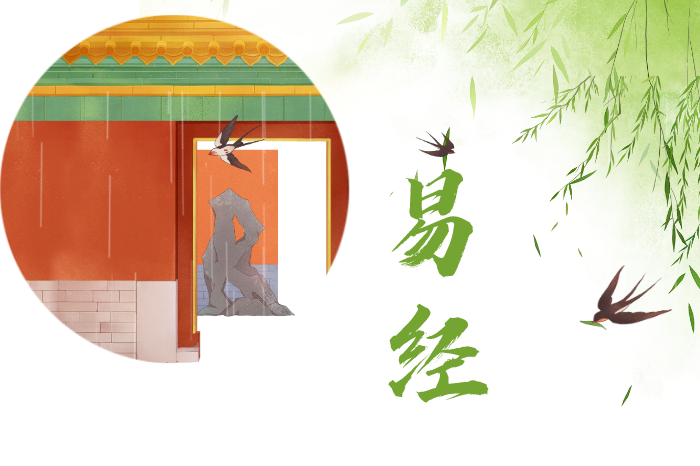Yijing, also known as the Book of Changes, is one of the oldest and most influential Chinese classics. It not only served as a divination manual but also contained profound philosophical ideas. Confucianism, the dominant school of thought in traditional China, drew inspiration from Yijing and incorporated its teachings into its own framework. This article aims to provide a comprehensive overview of the Confucian thoughts found in Yijing and their significance.
The Concept of Harmony and Balance
Yijing emphasizes the importance of harmony and balance. Confucian thinkers interpreted this concept as the ideal state of society and the individual. In their view, a harmonious society is one where everybody fulfills their social roles and responsibilities, creating an egalitarian and cooperative environment. Likewise, an individual should strive for balance in all aspects of life, such as maintaining a harmonious relationship with family, friends, and nature.
The Doctrine of the Mean

The Doctrine of the Mean, another central Confucian concept, finds its roots in Yijing. It stresses the importance of moderation and avoiding extremes. Yijing provides guidance on finding the middle path through its symbolic language of yin and yang and the hexagrams. Confucius regarded the practice of the Mean as essential for a virtuous and well-rounded individual. This principle encourages self-discipline, self-control, and the pursuit of the Golden Mean in all actions and decisions.
Filial Piety and Ancestors Worship
Confucianism places great importance on filial piety and the veneration of ancestors, and these ideas can be traced back to Yijing. The book emphasizes the ancestral spirits and the role of filial devotion in maintaining family stability and social order. Confucius emphasized that filial piety is the foundation of a righteous society and encouraged people to show utmost respect and obedience to their parents and ancestors. This concept became an integral part of Confucian moral and ethical teachings.
The Cultivation of Moral Character
Yijing serves as a guide for cultivating moral character and personal development. Confucian scholars believed that the book held deeper meanings beyond its divination purposes. It provided insights into human nature, ethical behavior, and moral cultivation. The hexagrams in Yijing offer wisdom and guidance in understanding the self, achieving personal integrity, and practicing the virtues essential to a harmonious society.
Ritual and Etiquette
Ritual and etiquette occupy a central place in Confucianism, and Yijing played a crucial role in shaping these practices. Yijing provides a symbolic language and principles that guide individuals in their interpersonal relationships and behavior. By following the rituals and etiquette prescribed in Yijing, individuals demonstrate respect, humility, and the proper order of society. Confucian thinkers believed that practicing ritual and etiquette was necessary for social harmony and the establishment of righteous governance.
Conclusion
Yijing is a treasure trove of philosophical ideas that greatly influenced Confucianism. From the concept of harmony and balance to the importance of filial piety and moral cultivation, Confucian thinkers drew heavily from Yijing to construct their ethical and moral framework. Understanding the Confucian thoughts found in Yijing is essential for comprehending the depth and significance of Confucianism itself. By delving into the wisdom contained in this ancient classic, we can gain valuable insights into the teachings of Confucius and the fundamental principles that guided Chinese society for centuries.







